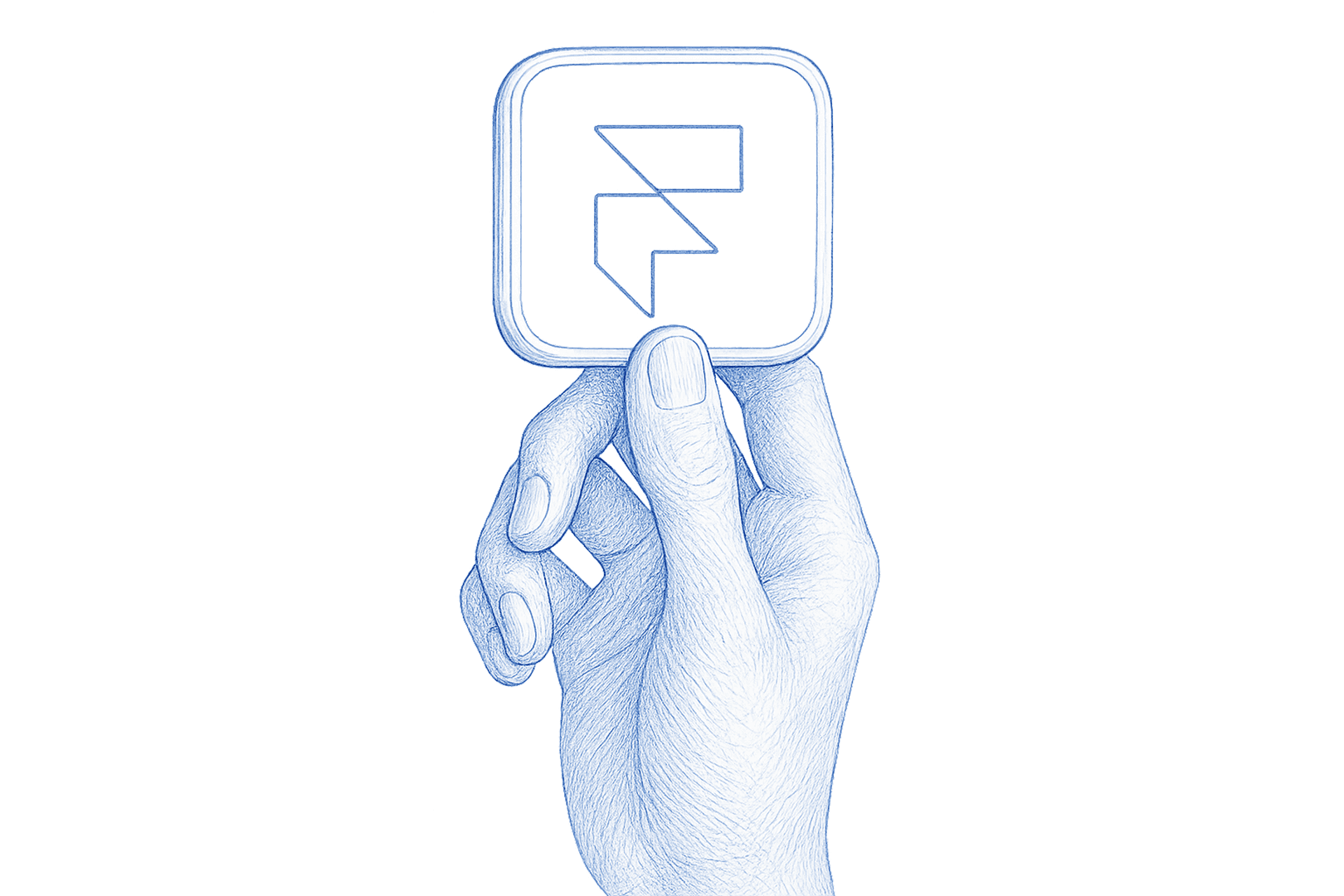Blog
04 Jul 2025 • salary and stipend
Should You Take an Unpaid Internship?
Thinking about an unpaid internship? This guide might help you to make a smart, informed decision for your career.

Unpaid internships are one of those tricky parts of early career life. Some people call them valuable learning opportunities. Others see them as a way companies get free labor. If you're a student trying to figure out what to do, the choice can feel overwhelming.
Let’s get something out of the way. An unpaid internship works just like any regular internship. You might join meetings, write code, ship features, do research, or help with design. The only thing missing is the paycheck.
And that’s a big deal.
But sometimes, when you’re just starting out, experience feels like the currency that matters more. Maybe you've applied to ten internships already and no one’s replied. Your resume looks empty. You don’t have any references yet. It’s hard to get experience if no one gives you a shot.
In those cases, taking an unpaid internship can help you break the cycle. Even a few weeks of real-world experience can change how you show up in your next interview. You’re not guessing anymore. You’ve seen how things work.
You might also learn more in two months at a startup than in a full semester of class. Real-world work has a different kind of pressure. There are deadlines, tradeoffs, meetings that go off-track, teammates who change their mind. You learn to work with people, not just complete assignments.
If you’re in design, development, or product, this kind of learning compounds fast. You can take the work you did and turn it into a portfolio. Share it on GitHub. Write a case study. It becomes proof that you can build, not just talk.
And sometimes, these internships lead to something more. A full-time offer. A stronger network. A co-founder. One good experience can open a lot of doors.
But this isn't always how it goes.
Some unpaid internships are nothing more than companies trying to get free help. No guidance, no feedback, no mentorship. You end up doing repetitive tasks, and when it’s over, you have nothing to show for it.
Worse, some students don’t even have the option to say yes. If you have bills to pay or a family to support, working for free is not just a bad deal. It’s not even possible.
This is where unpaid internships create real inequality. The students who can afford to take them move ahead. The ones who can’t get left behind. And that gap just keeps growing.
So here’s a better way to think about it.
Don’t ask “Should I take an unpaid internship?”
Ask “What am I getting in return?”
Will you get real, hands-on experience? Will someone mentor you? Will you leave with a project or outcome you can talk about in future interviews? Will it give you direction or clarity about what you want to do next?
And just as important, can you afford to take it?
If the internship is structured, teaches you something, and helps you grow, maybe it’s worth it. But don’t romanticize unpaid work. The company should still value your time, even if they can’t pay for it. If they don’t offer mentorship, learning, or impact, walk away.
It’s okay to be practical. Your time is limited. Choose things that push you forward.
An unpaid internship isn’t always a bad deal. But it should never be a one-sided one.
TLDR
Ask yourself:
Will I be doing real work or just shadowing?
Will I learn skills that help me get my next role?
Is there mentorship or guidance?
Can I afford to work without getting paid?
Can I showcase this work publicly (portfolio, GitHub, case studies)?
If most answers lean yes, it might be worth considering. If it’s just “do some grunt work and hope for a letter,” walk away.
Related Articles
Top Computer Science Internship Programs You Should Not Miss
Kickstart your career with top computer science internships. Explore leading tech firms and gain real-world experience.

Google STEP Internship Guide
Everything students in the US, India, and Europe need to know about Google STEP Internship 2025, including eligibility, deadlines, and application tips.

Framer Just Dropped a Student Discount
Framer offers a 100% student discount on its Basic plan. Get free AI tools, hosting, and templates. Learn how to apply.

Subscribe to The Internshipp Newsletter
Expert advice, industry trends, insider tips along with best new internship posted on Peerlist—delivered straight to your inbox.